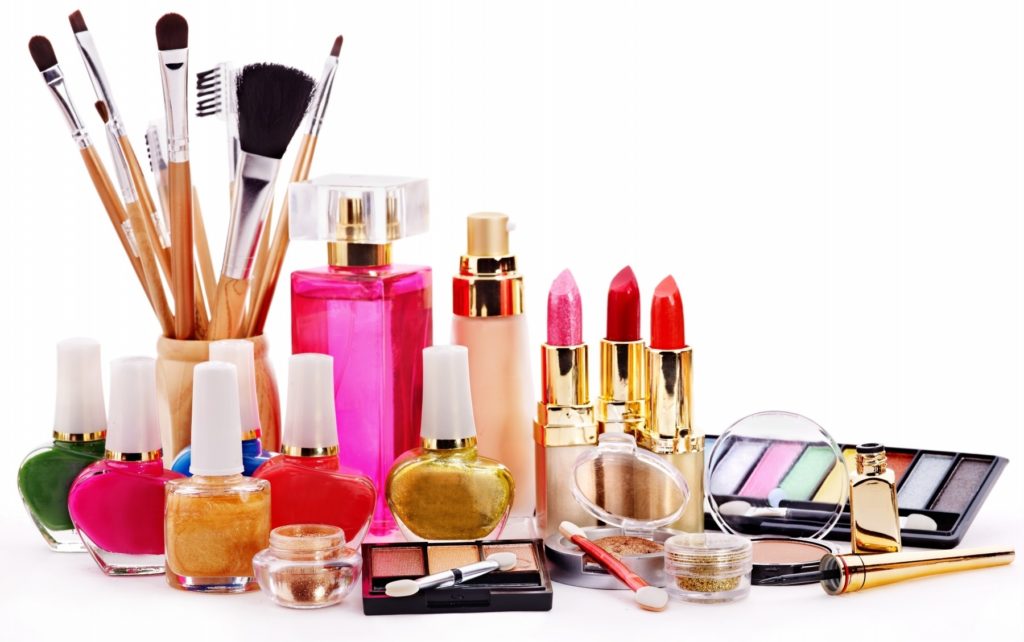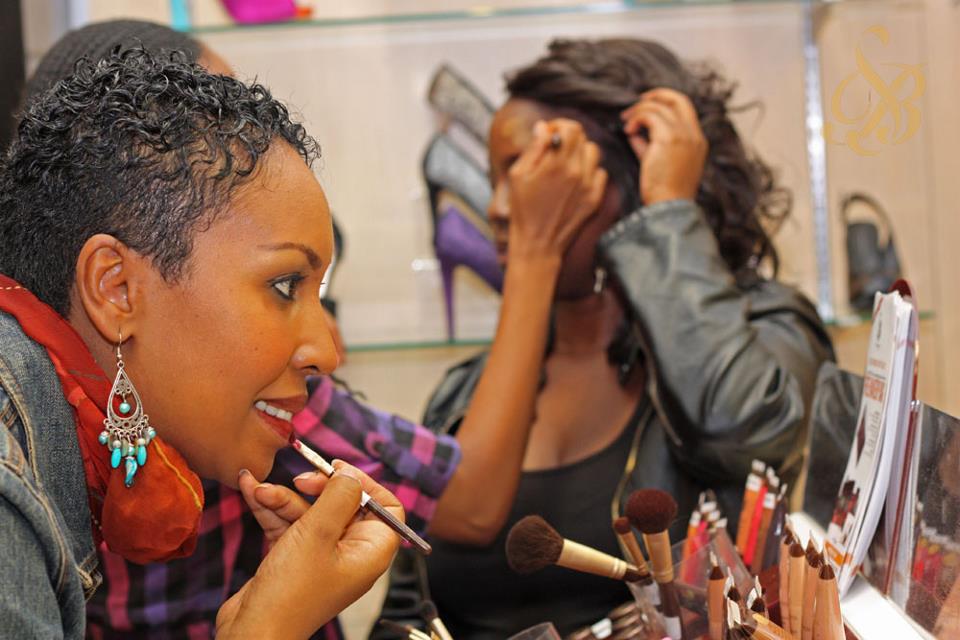ANALYSIS
Treasury Cabinet Secretary Henry Rotich will struggle to find fans among women. In his tax measures, he hit the ladies where it hurts most. Increasing excise duty on cosmetics and beauty products to 10 per cent means beauty just got more expensive.
Women must thus work harder to maintain those coloured lips, or the eye shadow. We are certainly going to see less powdered faces and not-so-prettier faces!
Cosmetics, also known as make-up, are products used to enhance the appearance or scent of the body. Many cosmetics are designed for use on the face and hair. Women generally use more cosmetics than men and that’s why they are crying the loudest. Common cosmetics include lipstick, mascara, eye shadow, foundation, rouge, skin cleansers and skin lotions, shampoo, hairstyling products (gel, hair spray, etc), perfume and cologne.
According to the latest market research from Lucintel, rising consumer incomes and changing lifestyles are driving the global beauty care products industry, which is forecasted to reach around $265 billion by 2017. The industry is projected to grow by about 4 percent over the next five years.
SEE ALSO >> Poor Kenyans to finance rich man’s budget
Clearly this is a huge market where men and women splash on themselves to look good and smell nice. Major cosmetic companies such as Unilever and L’Oreal have been increasing their sales in emerging markets like Kenya, where the beauty industry is valued at just over Ksh6.4 billion, as customers become more conscious about their looks and grooming.
Being so-called silent industry, it was surprising that Rotich would even think of taxing it, let alone seeing it a serious revenue stream for government.

Emotions aside, this could be the sexiest tax in recent budgets. Who said beauty is cheap? Perhaps the thinking behind it is that since cosmetics increase the user’s value (premium), and so should it payback to Caesar. Sexy because it looks like a reversal of the ‘sin’ taxes that often afflict smokers and alcohol consumers. Something funny about sin tax is that however high it goes, it barely affects consumption.
The same trend is expected in cosmetics. Demand will keep growing, anyway. Image is everything, after all. So it’s a new gift to the budget that will keep giving despite the price increases.
The interesting bit is that if women can’t afford some of the products, they can always look up to their men to chip in. So in a way, men should also start lining their pockets with extra cash for their women’s make-up or to foot bills that women will abandon in the household in search of that cool look. It’s the men who should be feeling most of the pinch.
NEXT READ >>
Kenyan men are the most faithful in Africa, study shows
Man dumped by wife for being too broke wins Ksh20 million
When beauty and brains blend: Kenya’s sexiest CEO makes it big in hotel industry



















































![Pula Co-Founders and Co-CEOs, Rose Goslinga & Thomas Njeru. Pula provides agricultural insurance and digital products to help smallholder farmers manage climate risks, improve farming practices and increase their incomes. [ Photo / Courtesy ]](https://businesstoday.co.ke/wp-content/uploads/2021/01/Pula-Co-Founders-and-Co-CEOs-Thomas-Njeru-Rose-Goslinga.jpg)




























































Leave a comment